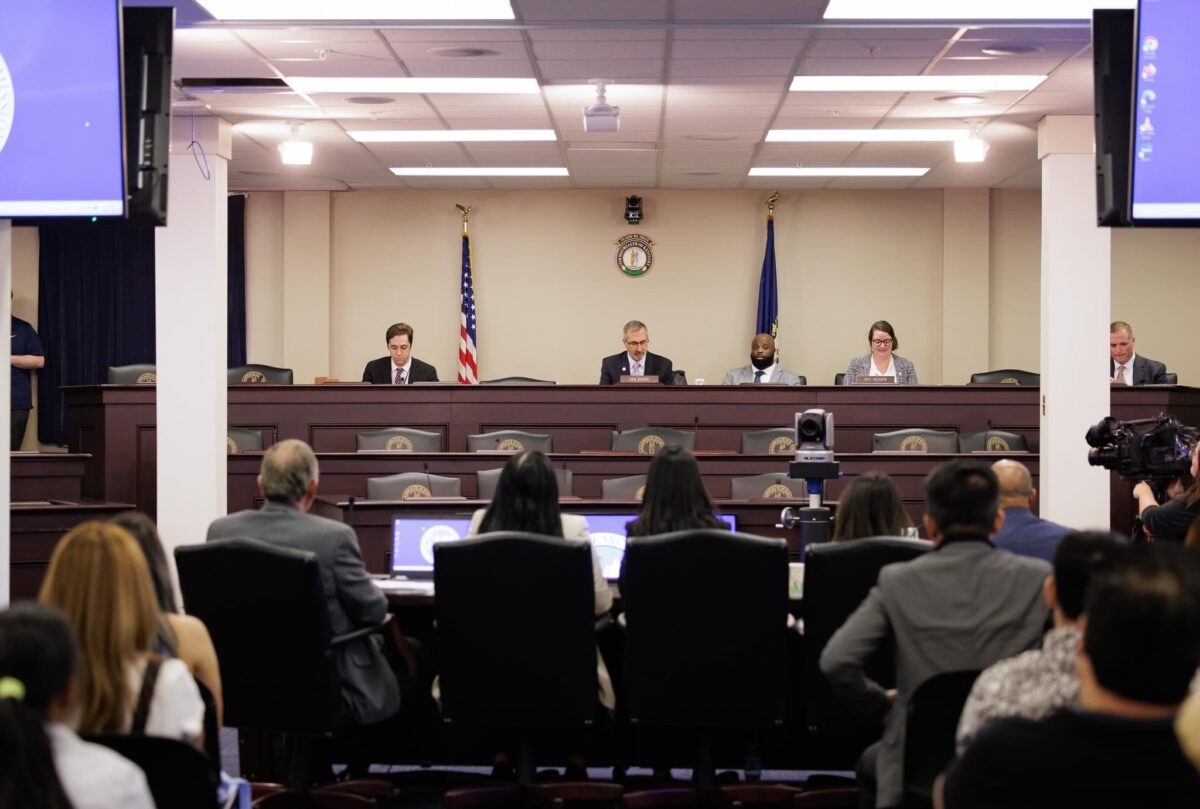In the heart of the Bluegrass State, where the Kentucky General Assembly choreographs the dance of democracy, a vital group often plays a pivotal role in shaping legislation: the community. While the journey of a bill originating from the Kentucky State Senate has its own intricate steps, the community can influence its passage in powerful ways. Here’s a deep dive into how community members can push and prepare a Senate-sponsored bill in Kentucky.
1. Understand the Bill: Before advocating, it’s crucial to fully understand the bill’s intent, implications, and impact. This provides a solid foundation for any discussions or arguments in favor of the legislation.
2. Engage with Your Senator: The Senator sponsoring the bill is your primary point of contact. Establish a line of communication, offering support, asking questions, or suggesting amendments based on community feedback.
3. Attend Interim Committee Meetings: Even during off-seasons, interim committees discuss various legislative matters. Attending these can offer insights into the bill’s progress and allow community members to voice their opinions.
4. Organize Community Forums: Hosting town hall meetings or community discussions about the bill can raise awareness, gather feedback, and consolidate community support.
5. Collaborate with Stakeholders: Connect with organizations, businesses, or groups that have a vested interest in the bill. Their support can amplify the community’s voice.
6. Mobilize Grassroots Campaigns: Petitions, community outreach, and even peaceful protests can generate public attention and highlight community support for the bill.
7. Engage with Media: Use local newspapers, radio stations, and social media platforms to advocate for the bill. Opinion pieces, interviews, and focused campaigns can sway public opinion and draw attention to the bill’s merits.
8. Connect with House Representatives: Remember, a bill must pass both the Senate and the House. Establishing early communication with House members can smooth the bill’s journey through both chambers.
9. Educate and Update: Consistently update the community about the bill’s progress. An informed community can react promptly to any changes, ensuring sustained support throughout the bill’s journey.
10. Celebrate and Reflect: Once the bill becomes law, it’s essential to celebrate the community’s success. Equally important is reflecting on the process, understanding what worked and what didn’t, and preparing for future legislative advocacy.
In essence, while the Senate might initiate the bill, the community’s role in its passage is undeniable. Through organized, consistent, and informed advocacy, community members can significantly influence the fate of legislation, proving that in the dance of democracy, every voice counts.


